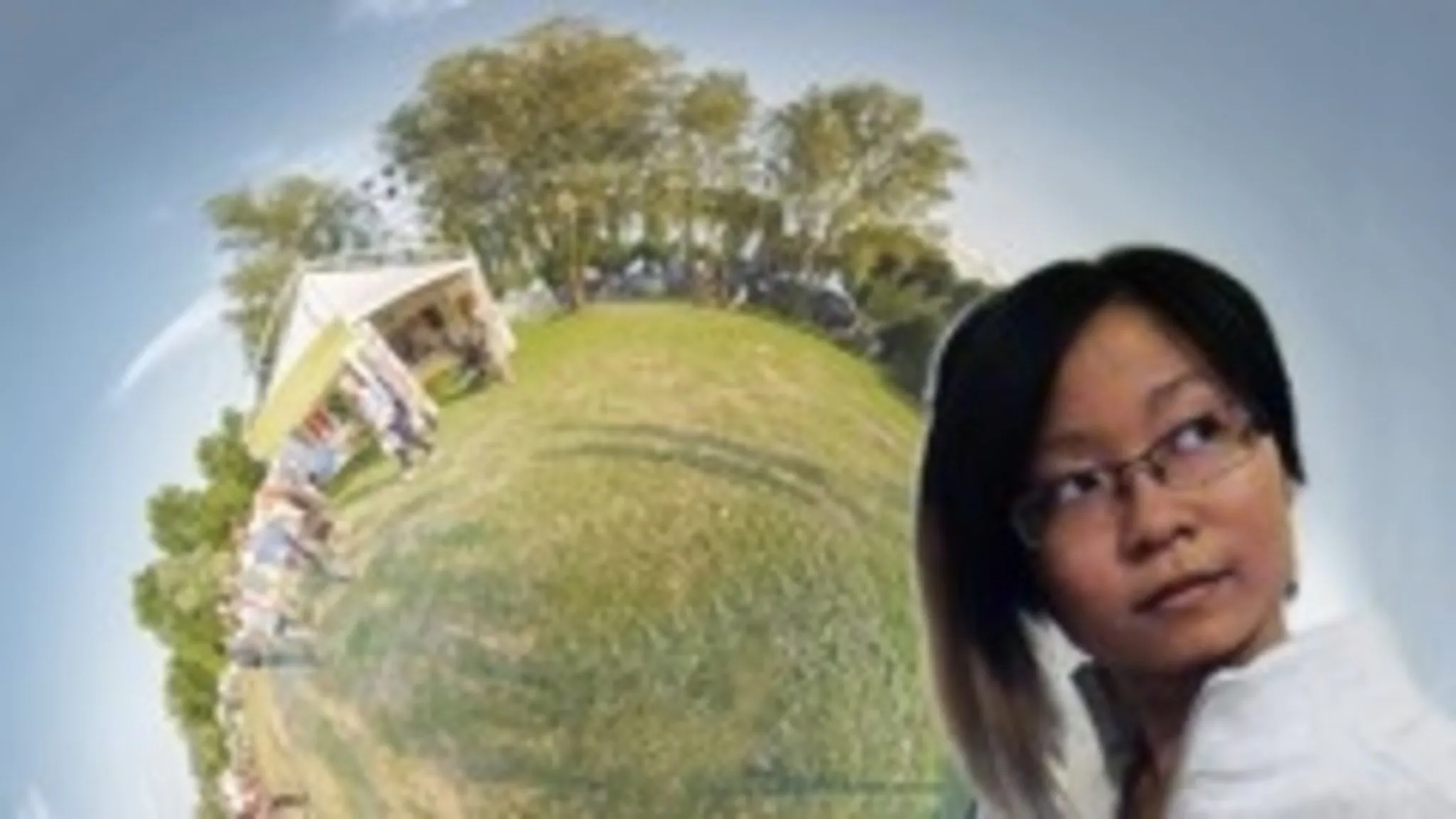
VR in the VFX World 
This free course provides an introduction to the world of virtual reality (VR) in the visual effects industry, including terminology, types, and use cases. Perfect for beginners! ▼
ADVERTISEMENT
Course Feature
![]() Cost:
Cost:
Free
![]() Provider:
Provider:
Udemy
![]() Certificate:
Certificate:
No Information
![]() Language:
Language:
English
![]() Start Date:
Start Date:
Self Paced
Course Overview
❗The content presented here is sourced directly from Udemy platform. For comprehensive course details, including enrollment information, simply click on the 'Go to class' link on our website.
Updated in [April 29th, 2023]
This course, VR in the VFX World, provides an overview of the current terminology and jargon used in the visual effects business when it comes to virtual reality. Participants will gain an understanding of the many sorts of software used in the market for various forms of virtual reality, as well as learn from many real-world VR use cases in the visual effects industry. By the end of the course, participants will have a better understanding of the virtual reality landscape and how it is being used in the visual effects industry.
[Applications]
After this course, participants are encouraged to apply their newfound knowledge of virtual reality in the visual effects world by exploring the various software available and experimenting with different use cases. They should also continue to stay up to date with the latest terminology and jargon used in the industry. Additionally, they should consider networking with other professionals in the field to gain further insight into the world of virtual reality in the visual effects industry.
[Career Paths]
1. VR Developer: VR developers create virtual reality experiences for a variety of platforms, from gaming consoles to mobile devices. They use a variety of programming languages and software tools to create immersive 3D environments and interactive experiences. As the demand for VR content continues to grow, the need for skilled VR developers is expected to increase.
2. VR Animator: VR animators create 3D models and animations for virtual reality experiences. They use a variety of software tools to create realistic 3D environments and characters, as well as to animate them. As the demand for VR content continues to grow, the need for skilled VR animators is expected to increase.
3. VR Designer: VR designers create the user interface and user experience for virtual reality experiences. They use a variety of software tools to create intuitive and engaging user interfaces, as well as to design the overall look and feel of the experience. As the demand for VR content continues to grow, the need for skilled VR designers is expected to increase.
4. VR Producer: VR producers are responsible for managing the production of virtual reality experiences. They coordinate the efforts of the various teams involved in the project, from the developers and animators to the designers and testers. As the demand for VR content continues to grow, the need for skilled VR producers is expected to increase.
[Education Paths]
1. Bachelor of Science in Computer Science: This degree path focuses on the fundamentals of computer science, such as programming, software engineering, and computer architecture. It also covers topics related to virtual reality, such as 3D modeling, animation, and game development. With the increasing demand for virtual reality applications, this degree path is becoming increasingly popular.
2. Bachelor of Science in Digital Media: This degree path focuses on the design and development of digital media, such as websites, mobile applications, and virtual reality applications. It covers topics such as user experience design, interactive media, and 3D modeling. With the increasing demand for virtual reality applications, this degree path is becoming increasingly popular.
3. Master of Science in Virtual Reality: This degree path focuses on the development of virtual reality applications and experiences. It covers topics such as 3D modeling, animation, game development, and user experience design. With the increasing demand for virtual reality applications, this degree path is becoming increasingly popular.
4. Master of Science in Computer Science: This degree path focuses on the fundamentals of computer science, such as programming, software engineering, and computer architecture. It also covers topics related to virtual reality, such as 3D modeling, animation, and game development. With the increasing demand for virtual reality applications, this degree path is becoming increasingly popular.
Pros & Cons

Interesting and clear

Lots of information

Great examples and slides

Short and sweet

Insightful

Excellent trainer

Ability to prototype

None mentioned
Course Provider

Provider Udemy's Stats at AZClass
Discussion and Reviews
0.0 (Based on 0 reviews)
Explore Similar Online Courses

MGPE-014: Gandhi: Ecology and Sustainable Development

Introduction to Climate Justice and Equity

Python for Informatics: Exploring Information

Social Network Analysis

Introduction to Systematic Review and Meta-Analysis

The Analytics Edge

DCO042 - Python For Informatics

Causal Diagrams: Draw Your Assumptions Before Your Conclusions

Whole genome sequencing of bacterial genomes - tools and applications

Virtual Reality

VFX and Virtual Reality Theory Basics


Start your review of VR in the VFX World